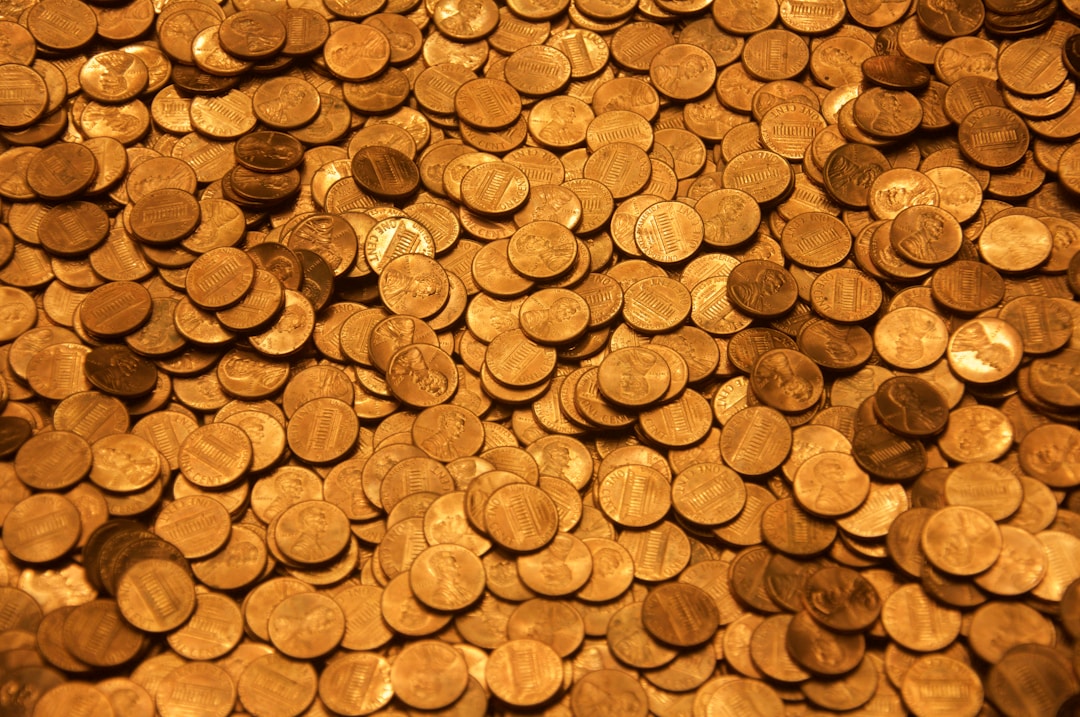
Wealth inequality is twice as high as income inequality
Wealth inequality over the last 40 years has been relatively stable, in the sense that the richest 10% of families own about half of total wealth. However, the amount of wealth held in relation to national income has increased hugely (from three times national income in the 1980s to almost eight times today). Total wealth inequality is around twice as high as income equality (with Gini coefficients of 0.63 and 0.34 respectively), and 76-93% of wealth gains since the financial crisis have come through passive accumulation (e.g. changes in asset prices) rather than saving. Increasing asset prices have disproportionately benefited wealthier families. As a result, an average family in the richest 10% in 2006 had around £0.9m more per adult than a family in the middle of the wealth distribution, but by early 2020 that gap was more than £1.2m per adult.

Most increases in wealth have come from rising asset prices
Most of the increase in wealth during the last 25 years has come about due to falling interest rates, in particular for housing and pensions (which together make up the largest part of household wealth in the UK). The role of active savings in wealth accumulation is much smaller. In other words, changes in wealth during this period have had less to do with income and saving than they would have done in the past, and therefore most wealth increases have been ‘passive’ (driven by increases in the asset values of existing wealth) rather than ‘active’ (due to saving or other activities suggesting the application of talent through hard work).
We are underestimating the degree of wealth inequality in the UK
The official ONS statistics on wealth underestimate the share of wealth going to the richest households by about 8% (and therefore the scale of wealth inequality), because they exclude business wealth and under-record the total wealth held by those households. There are major inequalities between groups; on average, men have almost 40% more wealth than women; while white households are four times more likely to have more than £500,000 in wealth than black African households. Median wealth is over 2.5 times higher in the South East than in the North East, which is largely due to differences in house prices.
The poorest in the UK have a worse standard of living than the poorest in Slovenia
Most people would prefer to live in a society where the rich are well off while people on low incomes have a decent life, rather than a society with very rich people and very poor people. Many European countries look like the first of these societies. However, the UK and the US look like the second. Both countries are home to some very rich people, but people on average incomes are 20% worse off than their neighbours in north-western Europe, and will be worse off than their peers in Poland by the end of this decade. The lowest-earning UK households have a standard of living that is 20% worse than their counterparts in Slovenia.

Wealth inequality across generations is becoming more acute
Wealth is not the same is income. Even young people on high incomes who come from poor backgrounds often can’t afford to buy a house. Young people across the world feel increasingly insecure about their future. The share of household wealth owned by millennials remains low by historic standards. The best way to become wealthy is to be wealthy already (discussion).

There is a clear racial wealth gap in Britain
ONS data shows that, overall, ethnic minorities have much lower levels of savings and assets than White Britons, with median household wealth of £34,000 for Black African households compared to £314,000 for White British households. Comparative analysis of ethnic inequalities that controls for other factors (like age and housing tenure) risks disguising the drivers of wealth inequality between ethnic groups, such as home ownership (which is very low among Black Caribbean households, for example). Separate research by the Runnymede Trust in 2020 found that Black African and Bangladeshi households have 10p for every £1 of wealth held by White British households.









